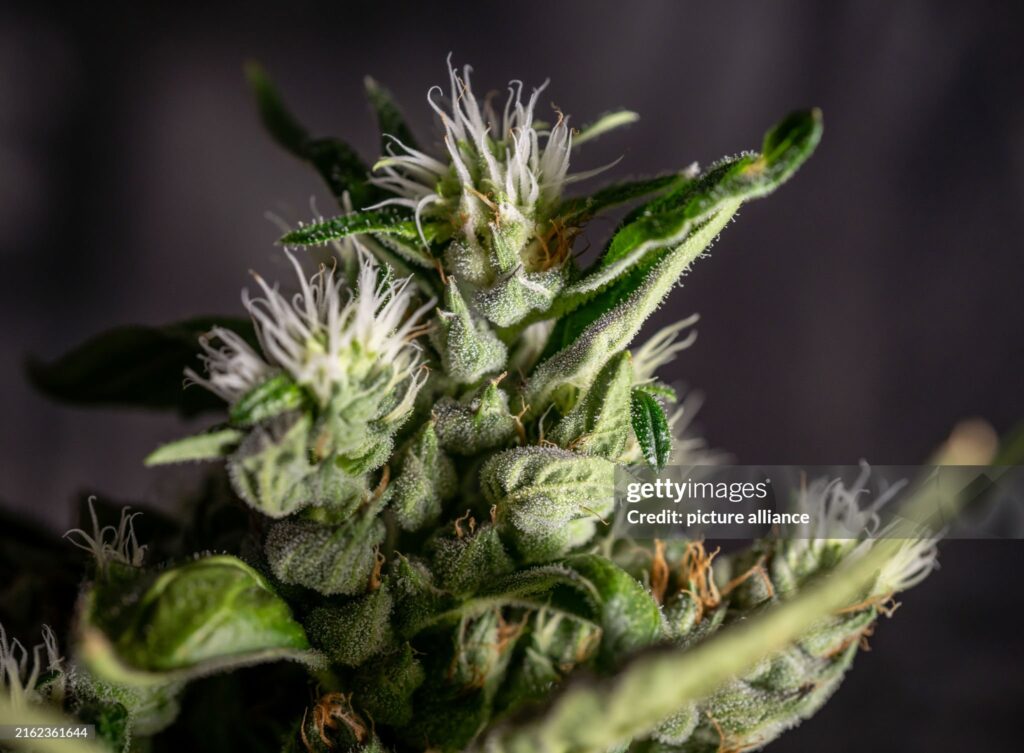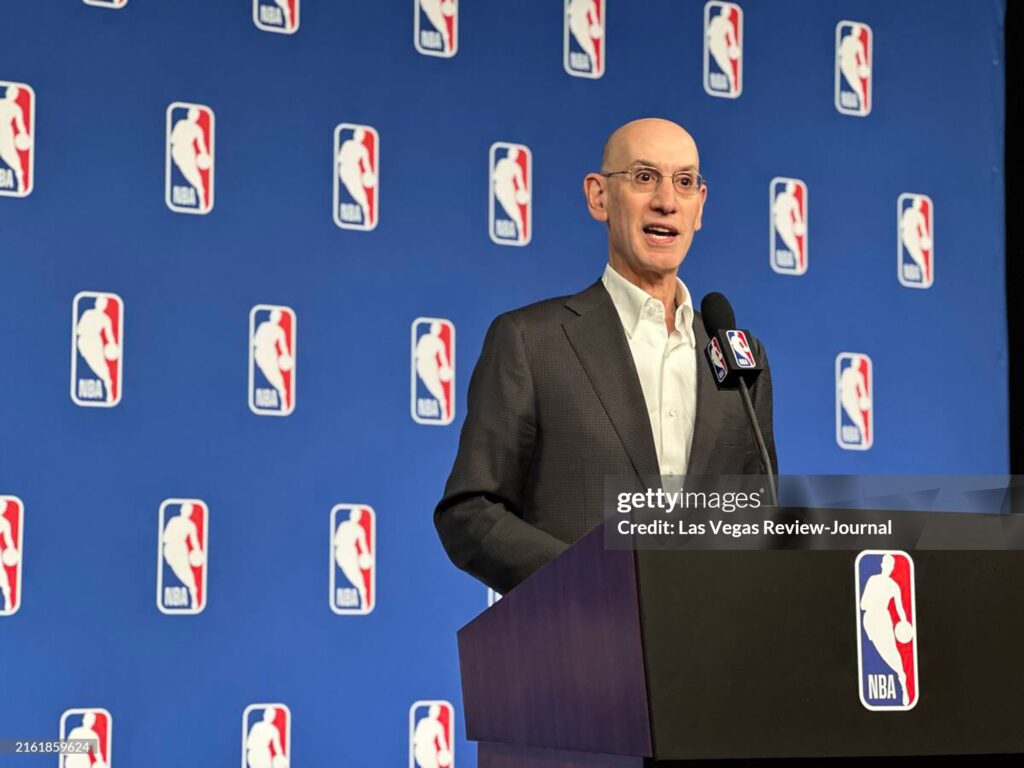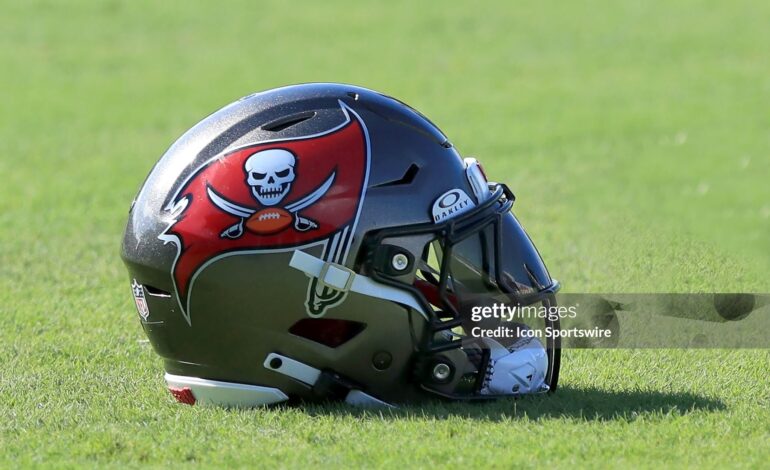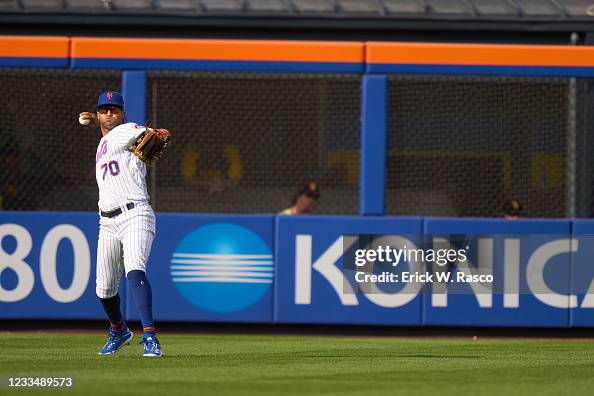Cannabis use in professional sports is becoming a hot topic as the acceptance of marijuana for medicinal purposes grows. Historically, cannabis was strictly prohibited in all major sports leagues, but shifting public attitudes and new research have prompted reconsideration. THC, the psychoactive compound in cannabis, is particularly relevant as it pertains to player performance and health.
NHL’s Stance on THC

The NHL has taken a progressive stance on cannabis. Unlike other major sports leagues, the NHL no longer classifies cannabis as a banned substance. Players undergo two “no-notice” tests annually, which include THC testing. If a player’s THC levels are found to be abnormally high, it is treated as a health matter rather than a disciplinary issue. There are no punishments for positive THC tests, reflecting the league’s focus on player well-being.
This policy change likely stems from various influences, including evolving medical research and public opinion. For example, former NHL player Riley Cote has been vocal about his cannabis use, citing its benefits for pain management and recovery. The league’s approach might support player health and promote more open conversations about cannabis in sports.
Comparison with Other Leagues

When compared to the NHL, other U.S. sports leagues have varying policies on cannabis:
NBA: Marijuana remains prohibited, but testing protocols have been relaxed. Players are not subjected to random THC tests during the regular season or playoffs. This shift might indicate a gradual move toward a more lenient stance on cannabis use. Players and fans have shown mixed reactions, with some advocating for the complete removal of cannabis bans.
MLB: In 2019, Major League Baseball removed marijuana from its list of banned substances. This decision marked a significant change, allowing players to use cannabis without fear of suspension or fines. However, players are still subject to THC testing, and high levels can result in mandatory treatment plans. The shift has generally been well-received by players, who see it as a step toward aligning with public sentiment.
NFL: The NFL has also adjusted its approach by reducing the testing window for THC and raising the threshold for a positive test. Players are now tested for THC only during the first two weeks of training camp, and the allowable limit has been increased, reducing the likelihood of positive results from casual use. The league’s changes have sparked discussions about further reforms, particularly given the NFL’s history of strict drug policies.
Impact on Players and the Game
Health Implications of THC Use for Athletes
THC affects various bodily systems, including the cardiovascular, respiratory, and central nervous systems. Athletes need to understand how cannabis use might impact their performance, recovery, and overall health. While some athletes report improved focus and relaxation with THC, others experience impaired coordination, slower reaction times, and decreased motivation. Balancing potential benefits with risks is crucial. THC’s potential as a pain reliever and anti-inflammatory agent is relevant for athletes dealing with injuries. However, long-term use may have adverse effects on recovery and healing.
Influence of THC Policies on Player Performance and Well-being
The NHL’s progressive stance has reduced the stigma around cannabis use. Players may feel more comfortable seeking help for mental health issues related to stress, anxiety, or pain management. By treating high THC levels as a health matter, the NHL prioritizes player welfare. This approach encourages open dialogue and emphasizes holistic care over punitive measures. However, some players may experience anxiety related to THC testing, with the fear of testing positive impacting their mental state and on-ice performance.
Future Trends and Predictions
As other leagues observe the NHL’s approach, we might see similar policy changes, focusing on player health and moving away from punitive measures. As more states legalize cannabis, leagues may revisit their policies to balance legality, player safety, and competitive integrity. International leagues and competitions will need to harmonize policies across borders.
Societal views on cannabis are evolving, and leagues may face pressure to align with public sentiment influenced by advocacy groups and fan opinions. Continued research on THC’s effects will inform future policies, and leagues will need to stay informed and adapt accordingly.
Make sure to visit Belly Up Sports for more sports content and entertainment.
Featured Image: Bruce Bennett/Getty Images






